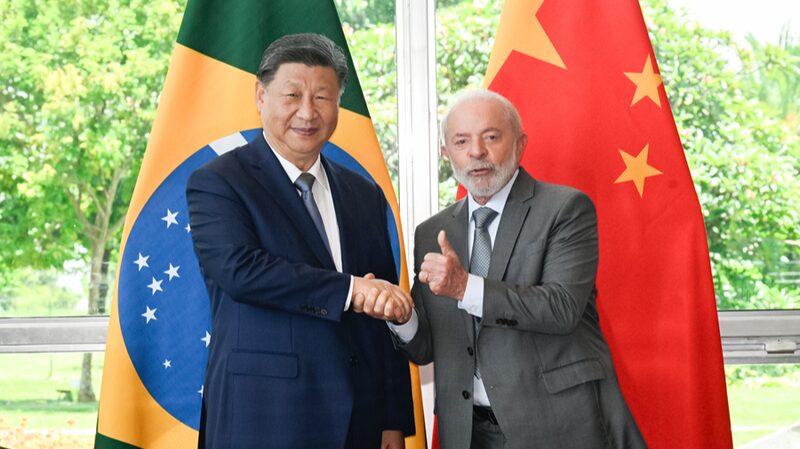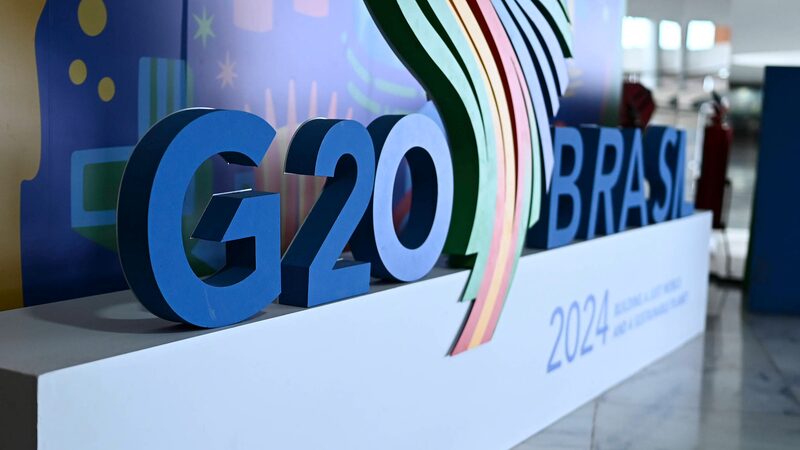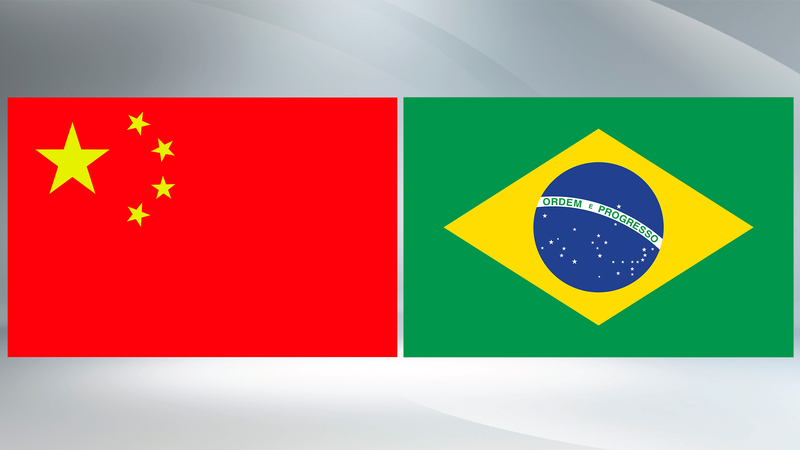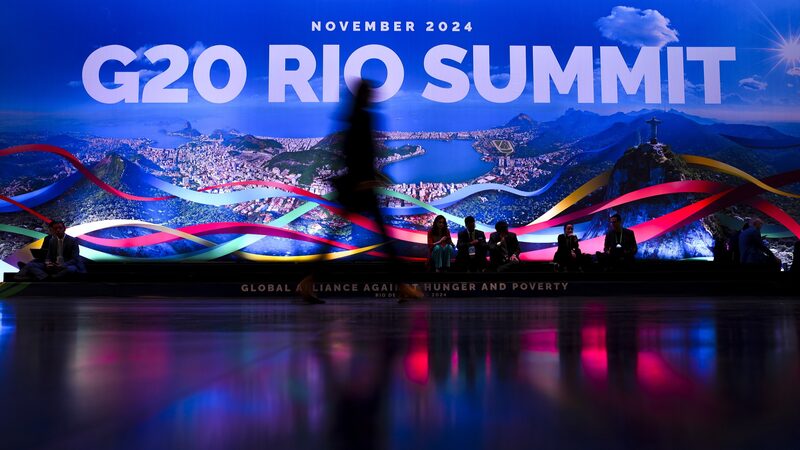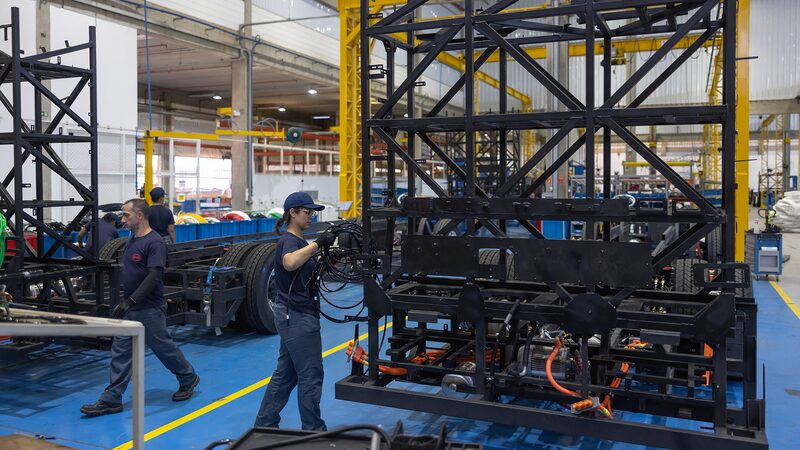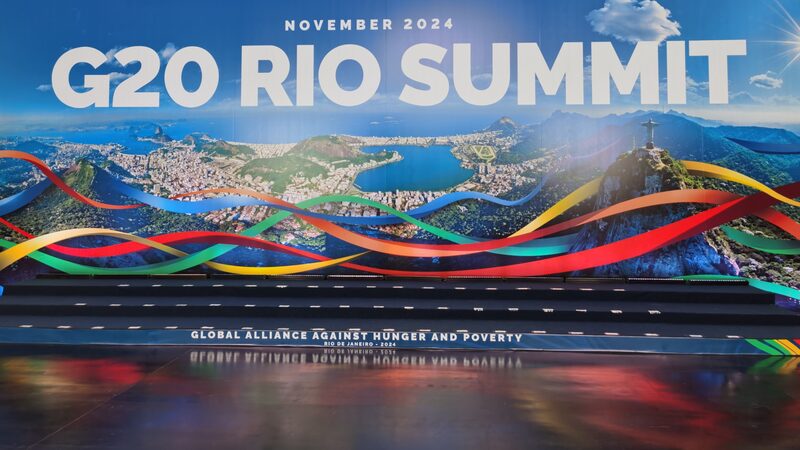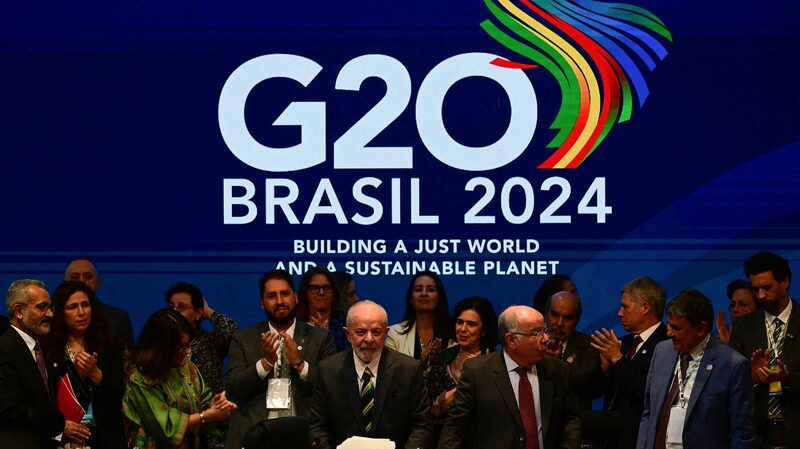In a landmark meeting on Wednesday, Chinese President Xi Jinping and Brazilian President Luiz Inácio Lula da Silva agreed to elevate their nations’ ties, forging a stronger partnership for a more just world and a more sustainable planet.
The meeting, which took place during Xi’s state visit to Brazil following the 19th G20 Summit in Rio de Janeiro, marked a significant step in the relationship between two of the world’s most influential developing countries.
“China and Brazil have enjoyed a relationship that transcends mountains and seas,” President Xi remarked. “We have found a right way for major developing countries to get along, based on mutual respect, mutual benefit, and amity.”
President Xi highlighted that Brazil was the first country to establish both a strategic partnership and a comprehensive strategic partnership with China in Latin America. Under the guidance of both leaders, the two nations have become reliable friends with a shared future, contributing positively to global peace and stability.
The decision to elevate ties and align development strategies signifies another historic moment in China–Brazil relations. “It meets the expectations of both peoples, gives impetus to the modernization of our countries, and demonstrates our resolve to jointly defend international fairness and justice,” Xi stated.
The two leaders agreed to synergize China’s Belt and Road Initiative (BRI) with Brazil’s development strategies, including programs like the New Growth Acceleration Program and the Routes for South American Integration. This alignment is expected to boost cooperation in key areas such as infrastructure, finance, technology, and environmental protection.
President Lula expressed optimism about the strengthened partnership. “China is Brazil’s most important strategic partner, and the Chinese people are the most trustworthy friends of the Brazilian people,” he said. “We look forward to more tangible results in our bilateral relations.”
Lula emphasized that enhanced cooperation would contribute significantly to Brazil’s reindustrialization and promote the integration of South America. He welcomed more Chinese enterprises to invest in Brazil, aiming for common development and prosperity.
The leaders also discussed the importance of practicing genuine multilateralism and making global governance more just and equitable. They agreed to strengthen communication within multilateral frameworks such as the United Nations, BRICS, and G20, enhancing the voice and influence of the Global South.
Both presidents underscored their commitment to addressing global challenges, including climate change, sustainable development, and poverty reduction. China expressed support for Brazil’s hosting of the 30th Conference of the Parties to the United Nations Framework Convention on Climate Change, highlighting opportunities for collaboration in green transformation and clean energy.
Reflecting on the past decade, President Xi recalled the establishment of the China–CELAC Forum, which has ushered China–Latin America relations into a new era of equality, mutual benefit, and innovation. He reaffirmed China’s readiness to work with Brazil to ensure the success of the forum and strive for more achievements in building a China–Latin America community with a shared future.
The meeting concluded with both leaders expressing confidence in the future of China–Brazil relations. “Together, China and Brazil will make even greater contributions to the peace and progress of humanity,” Xi declared.
Reference(s):
cgtn.com
